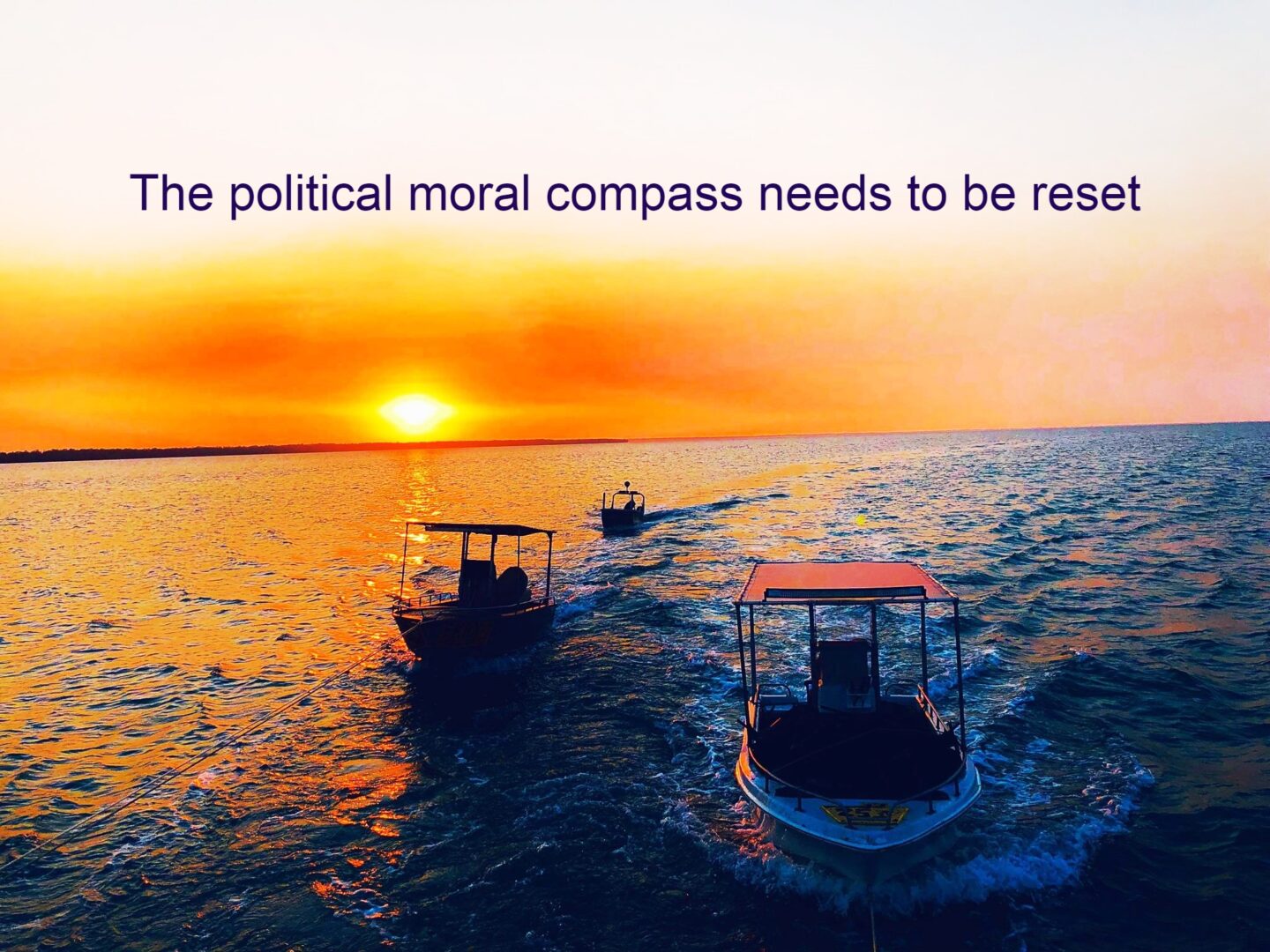Where has the moral compass gone?

I find myself trying to unpack this State’s major political party’s fisheries policy suitcase – what do I see… A policy landscape that is beneficial to recreational and conservation groups. Commercial fishers, post-harvest businesses and businesses supporting my industry have every right to feel frustrated.
My industry does not need to be lectured on what will make us more profitable or how to run or that we are a threat to the environment.
This industry has been on struggle street for decades under successive governments who have taken the lazy approach and legislate to cover up their monumental stuff up’s.
So, what does industry want from government – to reset the moral compass, if they have one.
1. Procedural fairness
The narrative the public is being sold in north Queensland is that there is an imbalance between recreational and commercial fishers. The imbalance is that the major parties are prepared to throw industry under the bus to secure political power. Why does this happen? Because procedural fairness involves decision-making that is based on sound data and research.
What we have been witnessing in terms of fisheries management are decisions (e.g. Black Jewfish) based on data poverty (a lack of information). This is a Fisheries Queensland issue and remember its this agency that provides information about my industry to politicians.
Here is a story being developed by both the major parties – ‘commercial net fishing is bad, removing commercial net fishing is good’. This story is based on no data or any evidence it’s just a response to keep recreational and conservation groups happy. When statistics show the majority of fin fish consumed in this State comes from the net fishery. Between 2015 and 2019 approximately 70 percent of all fish harvested in Queensland were harvested by a commercial net fisher (reference QFish).
I believe that Queensland politicians have misunderstood the mood of the community – Queenslanders are focussed on supporting small local businesses and are becoming more aware of the issues we are confronting.
2. Eliminate political pandering
What can I say? At the end of the day, policy development will always take second place to securing political power. Something needs to change and I know my industry is not unique as its appears food producers wherever they are seem to be treated like second class citizens.
COVID-19 should have been a wake-up call that local food production is essential and supporting the family-run, small businesses working to provide seafood to those who cannot or will not recreationally fish. I have reservations about consuming imported seafood which is produced and packaged under dubious standards and I know I’m not the only Queenslander with this concern.
3. A focus on 4/5 of the Queensland community
Over 4 million Queenslanders have the right to access fresh local seafood of their choice.
4. A move away from alarmist conservation and recreational fisher groups
It seems neither political party wants to risk holding either recreational fisher groups or conservationists to account.
5. Prioritising primary production
A great goal to try and achieve. However, review current political fisheries policies and it is becoming clear that ideology seems to be the name of the game and so the goal seems so far out of reach its more like a dream.
With a little over 90 days left to the State election more questions will surely be asked about how primary industries are being managed and to whose benefit?
Author: Allan Bobbermen, Chair – Queensland Seafood Industry Association (QSIA)
Image: QSIA
The content of this post is provided for information purposes only and unless otherwise stated is not formal QSIA policy. The information on these posts are provided on the basis that all persons accessing the information undertake their own responsibility for assessing the relevance and accuracy of it.

